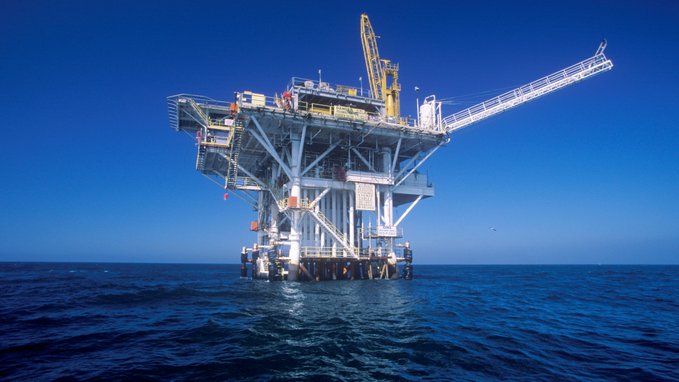In a significant policy shift, the Trump administration is moving forward with plans to open nearly all U.S. coastal waters to offshore oil drilling. This proposal, part of the Department of the Interior’s forthcoming five-year offshore leasing plan, aims to auction drilling rights in federal waters off the Atlantic and Pacific coasts, including areas previously protected for environmental reasons. The initiative has sparked widespread concern among environmental groups, coastal communities, and political leaders, who warn of potential ecological and economic repercussions.
A Renewed Push for Offshore Drilling
The proposed plan seeks to expand offshore drilling opportunities along the East and West Coasts, including regions off New England, the Carolinas, and California. Notably, the plan may involve parts of the southern California coast and a portion of the Eastern Gulf of Mexico. However, it’s uncertain whether Florida’s waters will be included due to longstanding opposition from both parties. This development marks a renewal of efforts from Trump’s first term, when a broader drilling plan stalled amid political resistance. The initiative could be a strategic political move targeting California Governor Gavin Newsom, who has taken a more moderate stance on fossil fuels recently. Environmental groups have condemned the plan, warning of serious ecological and economic risks from potential oil spills. Meanwhile, ongoing legal battles and requests to resume drilling in federal waters off Southern California remain unresolved.
Political Backlash and Legal Challenges
The proposed offshore drilling expansion has faced bipartisan backlash, particularly from coastal state governors like California’s Gavin Newsom. Governor Newsom, who previously forced the president to back down in his first term, has expressed strong opposition to the new drilling plans. Environmental groups have also condemned the proposal, warning of serious ecological and economic risks from potential oil spills. Ongoing legal battles and requests to resume drilling in federal waters off Southern California remain unresolved.
Environmental and Economic Implications
The expansion of offshore drilling raises significant concerns about its impact on marine ecosystems and coastal economies. Potential oil spills pose a direct threat to marine life and can have long-lasting effects on local economies that depend on tourism and fishing industries. Additionally, the move contradicts global efforts to combat climate change and transition to renewable energy sources.
The Path Forward
As the Trump administration moves forward with its offshore drilling plans, it is crucial for stakeholders—including state governments, environmental organizations, and the public—to engage in the policy-making process. Advocacy for sustainable energy practices and the protection of coastal ecosystems remains vital in shaping the future of U.S. energy policy.
For more information on climate-related issues and sustainable actions, visit Sustainable Action Now’s climate section.


